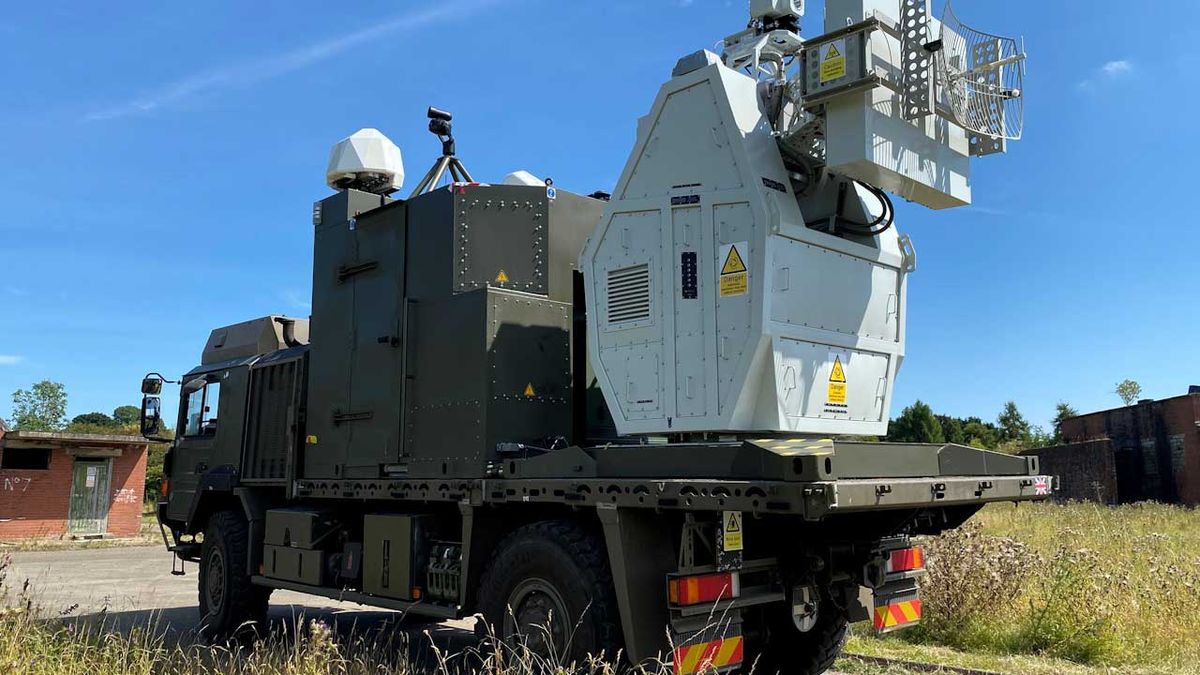The U.S. Senate has finally passed the National Defense Authorization Act (NDAA), which sets the U.S. military’s budget for 2025. The ‘Countering CCP Drones Act,’ which would ban DJI drones immediately, is omitted.
The law (PDF, page 1084) called for an analysis of certain unmanned aircraft systems entities, specifically DJI and fellow drone maker Autel Robotics, by “an appropriate national security agency.” If this analysis isn’t done within one year from the law's effective date, the manufacturer’s products and services will automatically be included in the list by the Federal Communications Commission (FCC), effectively banning these two companies (and their subsidiaries, affiliates, partners, and even license holders) from the United States.
On the other hand, if the chosen agency, which may either be the Department of Homeland Security, the Department of Defense, the Office of the Director of National Intelligence, the National Security Agency, or the Federal Bureau of Investigation, finds that DJI’s products and services “do not present an unacceptable risk to the national security of the United States or the security and safety of United States persons,” then all the other agencies must concur on its findings within six months.
The law has already passed the House and the Senate, so it’s up to President Biden if he will make any changes to it. However, this is unlikely as the NDAA has strong bipartisan support, and delaying it could hurt the White House. This is good news for the drone company, as it isn’t outright banned from the U.S.—but it has a little over a year to find an agency willing to work with it. Otherwise, it will have to leave the U.S. by 2026.
This ban will not affect current DJI owners. Still, suppose the company does not get a reprieve next year. In that case, it will affect every DJI product with a radio and/or a camera, as the law affects all “communications or video surveillance equipment” produced by DJI. This means the ban will go beyond DJI drones and include popular devices like the DJI Osmo line of action cameras and stabilizers, the DJI Mic wireless lavaliers, and even its pro-level DJI Ronin cameras and stabilizers.
Despite this, the DJI blog calls this development good news, with the company saying that it “welcomes the scrutiny and looks forward to the opportunity to demonstrate our privacy controls and security features.”
, the company does have a few concerns and is calling on Congress to “designate a relevanttechnically-focused agency to ensure the assessment is evidence-based” and that it should “grant DJI a fair right to reply to any findings.”
It’s unlikely that these will be added to the law as it’s already headed to the White House for signing. But, at the very least, it gives DJI time to find a solution to its woes. However, it seems that the company is yet to face its biggest challenge—finding an agency that will take on the task of certifying that it’s not a security threat to the U.S.—especially as Trump, who is known for his aggressive trade policies against China, is set to take office by January next year.

 5 days ago
2
5 days ago
2








 English (US) ·
English (US) ·